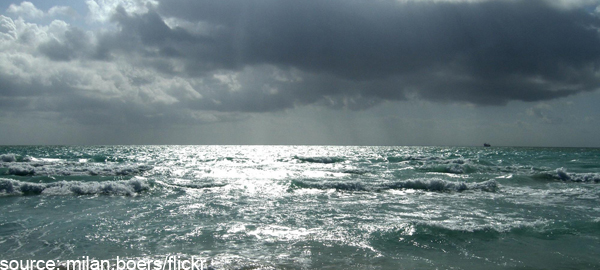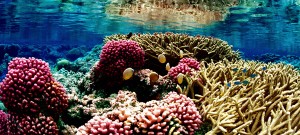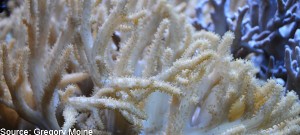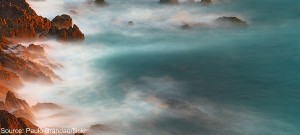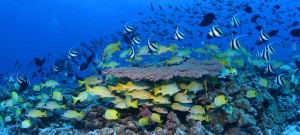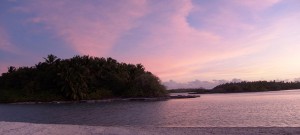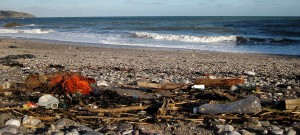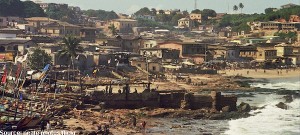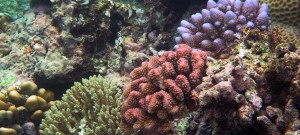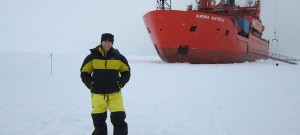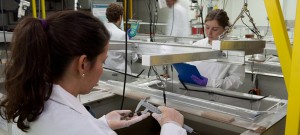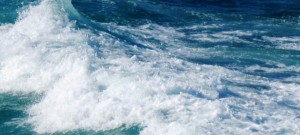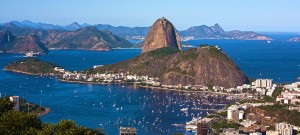Ocean’s Week
Comment: Why should we care about the oceans?
Oceans cover 70% of the earth’s surface, and provide 99% of the world’s living space, but mankind is slowly destroying a key source of food, the planet’s thermostat and a home to millions of species.
Oceans could be 150% more acidic by 2100
Head of UNESCO’s Intergovernmental Oceanographic Commission tells RTCC that acidification of the oceans must be recognised as a ‘critical issue and acted upon’ at Rio+20
Coral reefs could recover, but action is needed, say experts
Coral reefs could recover from the effects of climate change and over exploitation, but with over a billion people relying on the reefs for their livelihoods, locally sensitive action is required.
RTCC Q&A: Climate Change and the Oceans
RTCC takes you through the science of climate change and the oceans.
Picture Gallery: Coral Reefs – the oceans’ treasure troves
Containing 25% of marine species, coral reefs are considered to be the treasure troves of the oceans.
Blue Marine Foundation: protecting the oceans from degradation
Described as the ‘blue heart’ the planet, Marina Vaughan of the Blue Marine Foundation asks how much of it would you protect?
Micro-plastic ‘soup’: the oceans’ hidden threat
A vast amount of the plastic thrown away ends up in the oceans having a long term impact on marine life.
Coastal erosion major threat to West Africa
In the second blog from the Intergovernmental Oceanographic Commission of UNESCO Isabelle Niang writes about the threat to West Africa from rapid coastal erosion.
Mark Lynas: Oceans are approaching dangerous acidification
Mark Lynas, envrionmentalist and author of ‘The God Species’ spoke to RTCC about ocean acidificiation and its links to climate change.
UNEP: Clean up of the world’s oceans could boost economy
New report from the United Nations Environment Programme highlights the economy gain from keeping healthy coasts and seas.
Letter from Antarctica: Hunting ocean acidification at the South Pole
Dr Donna Roberts writes for RTCC from the Mawson Centenary Cruise to Commonwealth Bay in Antarctica.
Ocean acidity gamble leaves marine life with uncertain future
Researchers from Plymouth Marine Laboratory are finding increased levels of ocean acidity affect the entire marine ecosystem.
Expert Q&A: How the Southern Ocean helps us plan for climate change
Antarctic expert tells RTCC the Southern Ocean is a barometer for climate changes across the planet.
Warming oceans face CO2 tipping point
Australian oceans expert tells RTCC warmer seas will absorb less CO2, exacerbating greenhouse effect.
What can the oceans do for us?
Oceans are not simply a source of food and sanctuary for ecosystems. They could also provide us with vast quantities of energy.
Expanding Arctic water pool could cool Europe
A new study which detected a huge fresh water pool in the Artic Ocean, warns changes in wind direction could cause the pool to spill out and disturb ocean currents cooling Europe.
UNESCO: Vital fate of oceans on Rio+20 agenda
Wendy Watson-Wright, head of UNESCO’s Intergovernmental Oceanographic Commission has called for acidification to be considered at this years RIO+20 Earth Summit conference.
